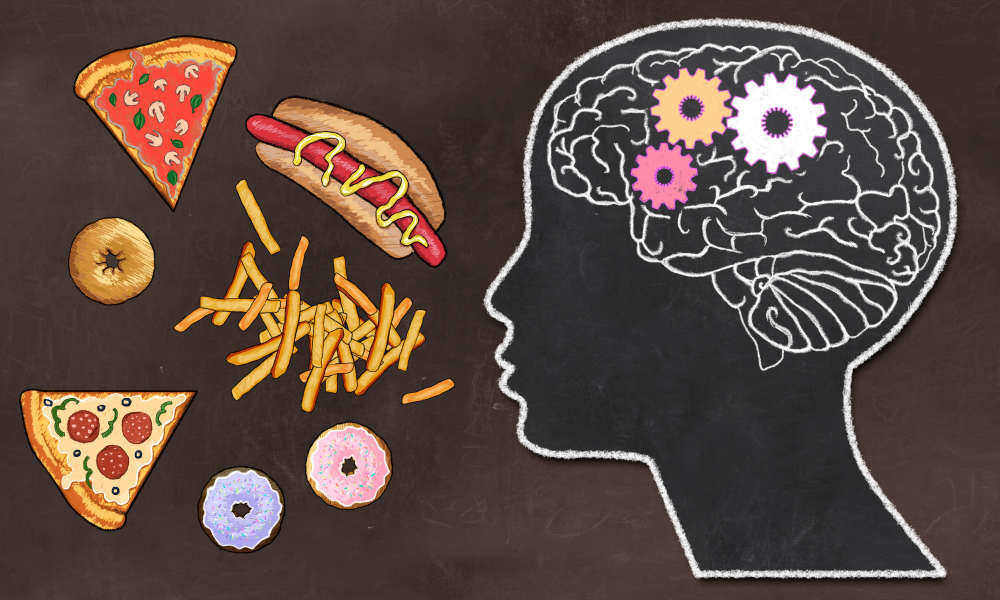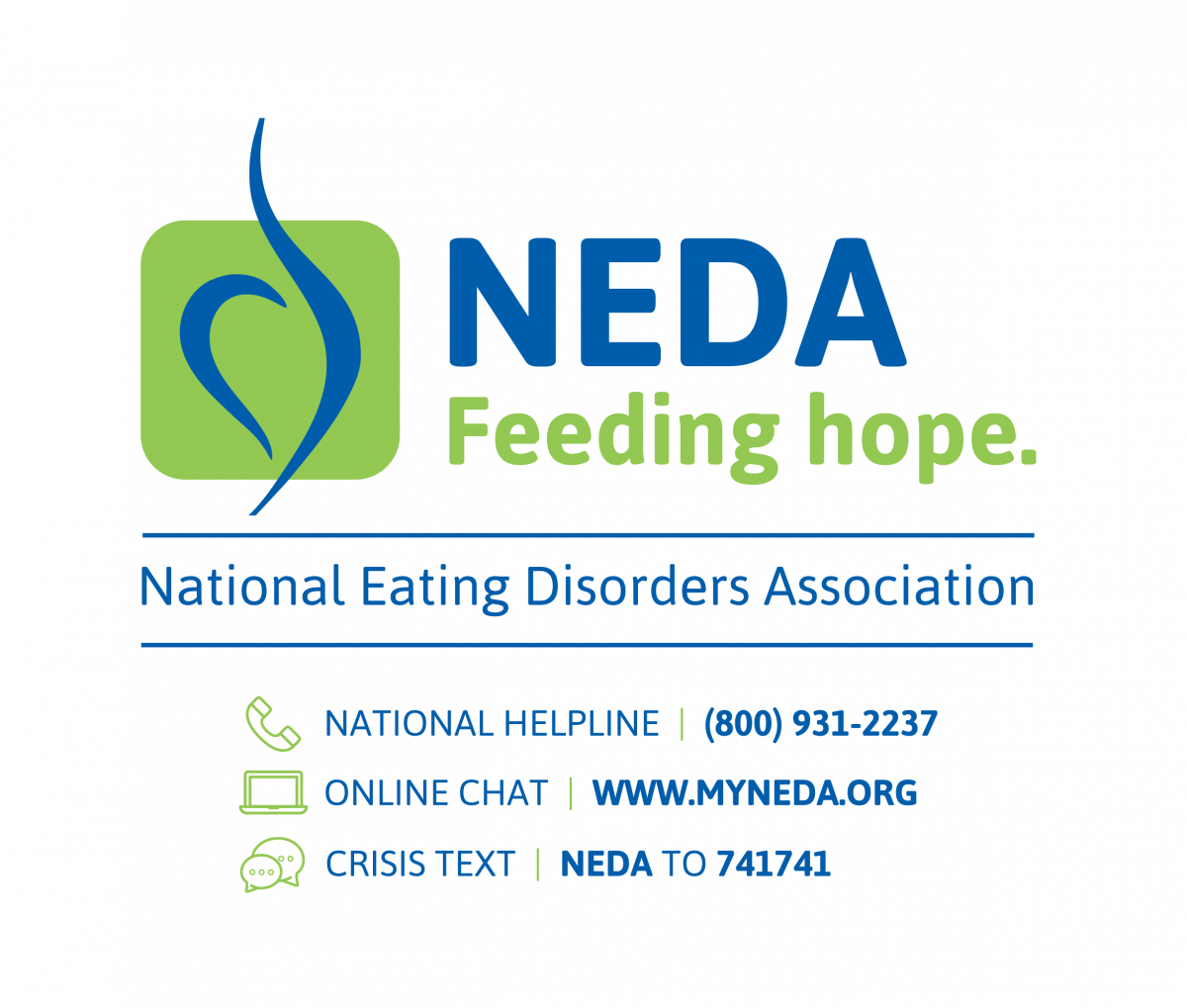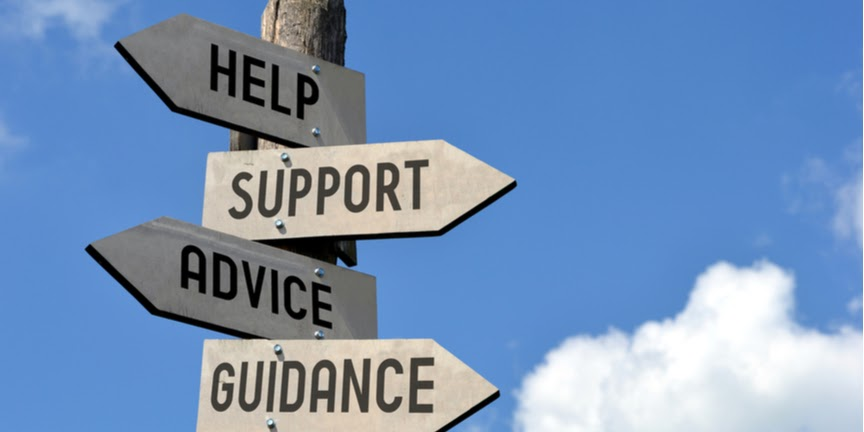Image courtesy of healthline.
Emotional eating is often thought of as an effect of an emotional upset. The problems of everyday life become too much to bear so we turn to food as a source of comfort. But, many people do not believe that emotional eating is a real thing. The myth behind stress relief through eating is a simple one to understand. Most people think that you eat less when you’re stressed, not the opposite. A study in the journal of Biological Psychology even argued that stress eating is completely fake and we cut down on the intake of food when stressed. But at this point, the thought of eating when stressed is past cliche: when the going gets tough, the tough goes to order food.
This article will discuss the following:
- Definition of emotional eating and the aspects of an eating disorder
- National Eating Disorder Hotline
- Healthier alternative options for stress eating
Emotional Eating and Eating Disorders
What is Emotional Eating?
Some people cope with difficult situations by reaching for their favorite food items such as mac and cheese or ice cream. Eating these kinds of so-called “comfort food” seems to make all the problems of the world melt away. Reports have shown that parts of the brain are rewarded from eating high-fat and high-sugar foods which in turn causes this type of eating to repeatedly occur. Emotional eating could be caused because it could cheer you up, calm you down, or help you compensate for a tough day. Negative emotions may lead to feelings of emptiness and emotional eating is a way for many to fill this emotional void.
Other factors that could lead to emotional eating includes:
- Retreating from social support during times of need
- Not engaging in activities that might otherwise relieve stress
- Not understanding the difference between physical and emotional hunger
- Using negative self-talk that relates to bingeing episodes
- Changing cortisol levels in response to stress
How to tell the Difference Between Emotional Eating and Real Hunger
Humans need food to function and to stay alive. Due to this, it may be difficult to tell the difference between stress eating and actual hunger. According to healthline, there are a few distinguishing factors. Physical hunger develops overtime and there will be a desire for various food groups. Also, physical hunger allows you to feel the sensation of being full which will then trigger you to stop eating and there won’t be any negative feelings towards eating. Emotional hunger comes abruptly and you will only crave certain foods. You will also binge on food but will not feel full and there will be a guilt or shame associated with eating.

Aspects of an Eating Disorder
There is a common misconception that eating disorders are a lifestyle choice. Eating disorders should be taken very seriously. These disorders are often fatal illnesses that are very severe disturbances in one’s eating behaviors. These behaviors are controlled by thoughts and emotions that are solely preoccupied with food, body weight, and overall appearance. The most common eating disorders are anorexia nervosa, bulimia nervosa, and binge-eating disorder.
Anorexia nervosa presents in people who view themselves as overweight even though they are extremely underweight. People with anorexia typically weigh themselves and severely restrict the amount of food they eat. Anorexia has the highest mortality rate of any mental disorder.
Bulimia nervosa is an eating disorder where the individual will binge large amounts of food and then resort to forced vomiting or the use of laxatives to cleanse their system. People with this disorder may be underweight, overweight, or have a normal weight.
People with binge eating lose control over their eating habits. Unlike bulimia, binge eating is not followed by periods of purging. As a result of this type of eating, people with this disorder are normally overweight. Binge-eating, or emotional eating, is the most common eating disorder in the United States.
National Eating Disorder Hotline
Call the 24-Hour National Hotline at 1-800-931-2237
If you think you have an eating disorder it is very important to seek help as a first step to reclaim your life and to address any other underlying psychological issues. Staff members at reputable hotlines are thoroughly trained in eating disorders, know how to provide support, and can/will direct you to the proper treatment resources. If you or someone you know is suffering from an eating disorder, please call the number above.

Healthier Alternatives for Stress Eating
What are Healthier Options for Dealing with Stress?
Discovering another way to deal with stress and negative emotions is often the first step to overcoming emotional eating or any other eating disorder. It takes time to shift a mindset from reaching for food to engaging in other forms of stress management. There are a variety of activities that you can experiment with until you find what works for you. Getting regular exercise can help to regulate mood as well as help with particular emotional moments involving self image. Another option is meditation.

Meditation supports mindfulness which has been seen as useful treatment for binge eating disorders. Simple deep breathing is an exercise you can do almost anywhere. Starting a food diary can help identify triggers that lead to emotional eating. Eating a healthy diet ensures you get enough nutrients to fuel your body and can help you spot when you’re eating out of boredom or stress. You can also measure out portions and choose smaller plates as a way to handle portion control. This keeps you mindful of your healthier eating habits. Finally, you can resist isolation in moments of sadness or anxiety. A quick phone call to a friend or family member can do wonders for your mood.
